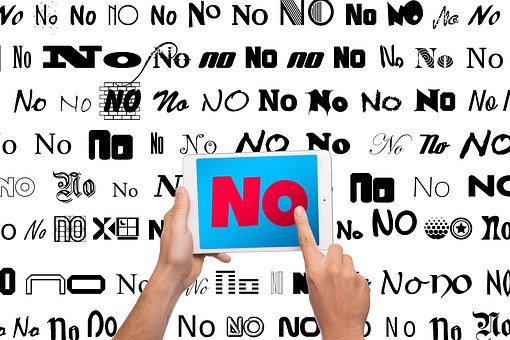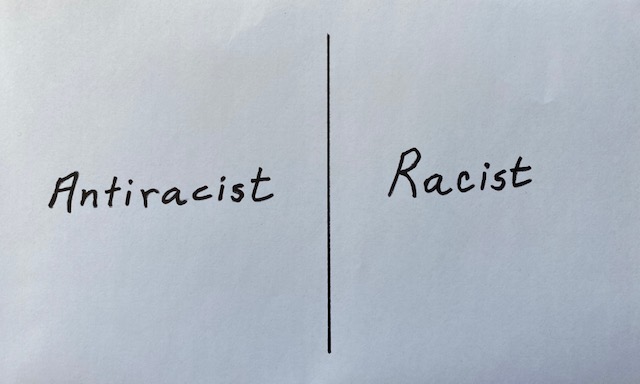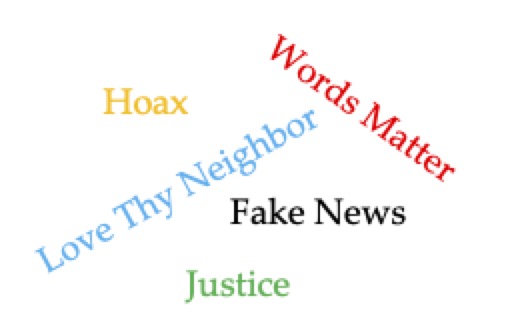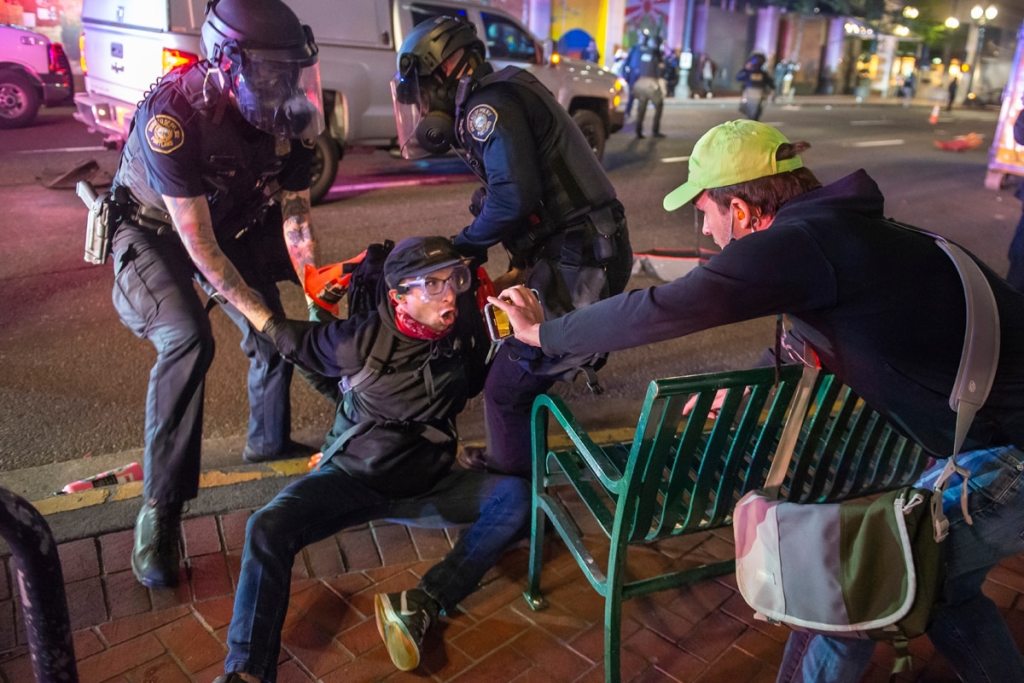I never thought I’d live in an era where obvious truths would be attacked daily with obvious lies. You’re either in Kansas, Dorothy, or you’re not. There really is a deadly virus and its variants circulating around the world. Our country does have racism embedded in its social structures. Global warming/climate change is real. MAGA did mount a violent offensive at our Capitol to stop the certification of the presidential election. There are “tapes.” Lots of tapes. Yet, the lies continue.
The real tragedy of our era is psychological and played out physically. It’s called denial. Three aspects of denial trouble me well beyond the national news because the news doesn’t do a deep dive into the root causes of the behaviors we see. Let me explain.
One. Denial of reality robs us of the ability to respond to real threats. Denial is a mental defense mechanism that isn’t a real defense that could save us. No matter how dire reality mighty be, our ability to be honest about a threat will be rewarded. I can think of two dreadful times in my life when I was still rewarded by accepting reality. When the call came from the assisted living facility that, “your father is actively dying,” reality demanded a response. I didn’t let my father die alone. When I was informed that, “you have cancer,” I educated myself and took measures to maximize my health. The potential death of our bodies, democracy, and human habitation of the planet demand that we honestly acknowledge these threats and respond appropriately.
Two. Some of us have had the good fortune of experiencing wholeness, the integration of light and darkness within us. Denial of our darkness renders us only partially human. We walk around as fakes, hypocrites. We either maintain illusions of how wonderful we are, or we refuse to acknowledge our goodness. Neither condition invites wholeness. Wholeness requires that we embrace both darkness and light. If we do, we become comfortable in our own skin instead of always running from the truth of who we are. We become tolerant. We can empathize with others, from recognizing traits that we share. This goes for countries as well. Germany and South Africa have faced their darkness and emerged better for it. We have not convened truth and reconciliation processes to heal us from our treatment of Native Americans and people of color. We can no longer deny the darkness of our past that looms over our national psyche.
Three. Deeper yet, in this era of denial, is the ultimate concern we all share as humans—the denial of death. Talking about death, here, I’m talking about both physical and metaphoric death. The thought of physical death is so repulsive to many of us that our fear of death is buried well below consciousness. It is real, however, no matter how diligently we run from it. One of my responses to “you have cancer” was to think about death day after day. Eventually, the breakthrough came. After peeling that onion for months, I came out of denial and into the reality that, yes, I was really going to die. Reality rewards those that seek it. I am perpetually thankful for my life.
Then, there is metaphoric death. Things do end in life. Jobs, marriages, and dreams do end. I see that some of my fellow Americans sense the “death” of privilege, of being a white majority, of being in power. Part, if not most, of white supremacy is the mental trick used to feel powerful (even power over death, though such power is an illusion).
If only the greatest tragedy right now were the lies… But the attacks on truth only scratch the surface. Fear and the accompanying denial are the real problems. The challenge for those in denial is to courageously face reality and the challenges of becoming fully human.
For those of us seeing real threats for what they are, our challenge is resist hating someone who is consumed with fear while resisting their efforts to whitewash reality.














